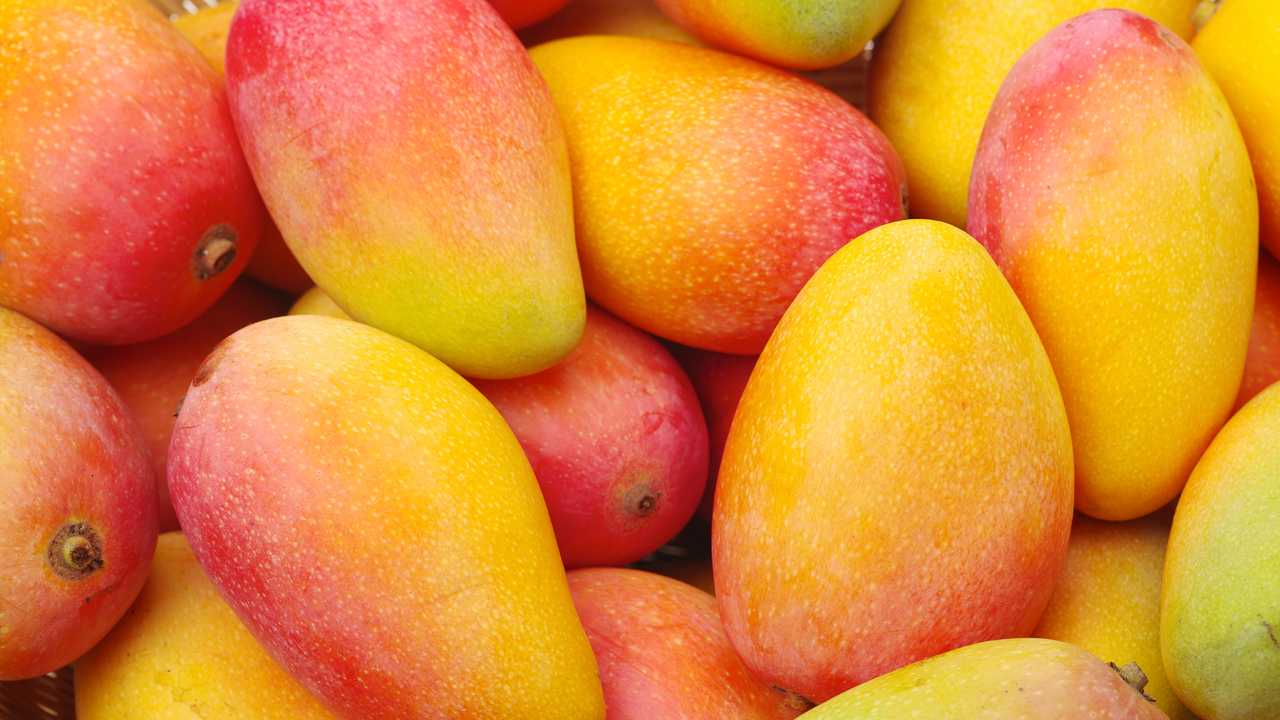The the king of fruits- mango is here. In India, the entire nation eagerly waits for the season of mangoes throughout the year. This summer, the fun should not be spoiled with chemically ripened mangoes becasue their taste and sweetness is different from that of naturally grown mangoes.
It is clear that chemically ripened mangoes affect the health too. In this article we will discuss the side effects of chemically ripen mangoes and how to distinguish them from natural ones.
Be careful while you buy these beautiful king of the fruit kingdom the next time you go to the market or to the store as you might be bringing a lot of diseases into your homes. Before you buy such mangoes, check with the farmers and traders who ripe these mangoes as they can affect one’s nervous system quite seriously.
New app to help mango growers in UP amid lockdown
These chemicals cause potential cancer threat such as skin cancer, colon cancer, cervical cancer and brain damage. Chemicals such as calcium carbide, acetylene gas, carbon mono oxide are used to ripe raw mangoes and other fruits.
To point out a chemically ripened fruit from a naturally grown you should look for green spots as chemically ripened mangoes appear yellow and green. While naturally ripe mangoes do not have green spots and are completely yellow from the inside. A chemically infused fruit taste bitter and acidic and there is a slight burning sensation in the mouth while eating them.


















